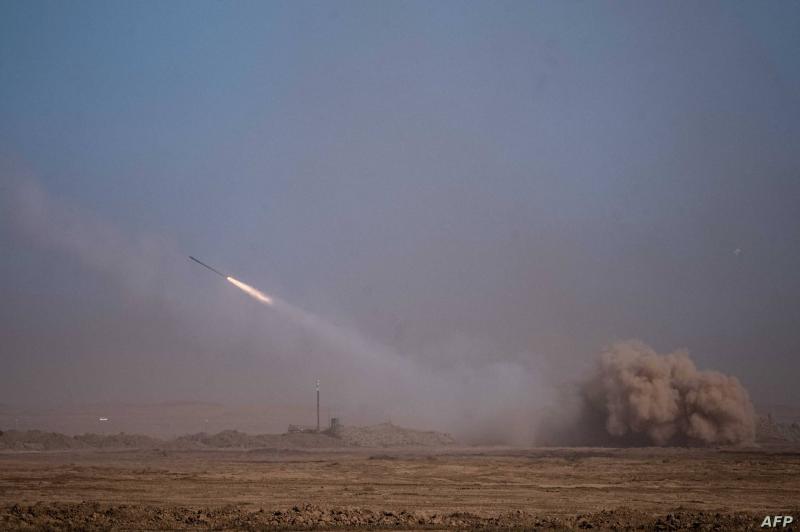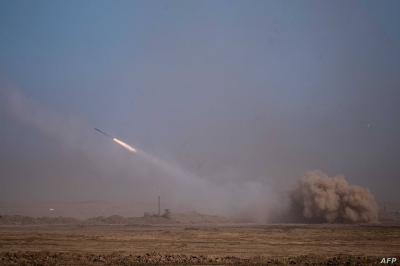Analysts have downplayed the significance of the recent joint military exercises between China and Russia, which began about a week ago in northwestern China. They noted that despite this apparent "connection" between the two armies, they have "different goals."
The exercises included the use of a joint command and control system for the first time, the integration of forces from both countries, the testing of new weapons, and Russian forces using Chinese-made equipment, including armored assault vehicles, for the first time. The Chinese news agency Xinhua reported, citing Chinese and Russian officials, that the exercises aim to "deepen joint counter-terrorism operations between the Chinese and Russian militaries and demonstrate both countries' strong resolve and capability to protect security and stability at both the international and regional levels."
The Chinese agency viewed this as "reflecting a new elevation of the comprehensive strategic partnership between China and Russia for coordination in a new era and mutual strategic trust, as well as practical exchanges and coordination between the two countries." However, analysts in the West and in Russia expressed skepticism about the real military value of the exercises, suggesting that Beijing and Moscow are likely pursuing different objectives, according to a report from CNN.
Peter Layton, a fellow at the Griffith Asia Institute in Australia, described the exercises to CNN as "a media-oriented spectacle," noting that news of the exercises dominated Chinese state media last week, with numerous stories, photos, and videos being shared about northwestern China. Layton stated that the exercises appeared highly coordinated, without allowing for much of what he described as "free play," or letting ground commanders make critical decisions in the heat of battle, noting that "free play is what sharpens military skills, not dance-like events."
Alexander Gabuev, head of the Carnegie Russia program in the Asia-Pacific, remarked that while both sides promoted their close relations, "a genuine combat alliance between them does not seem to be forthcoming." He clarified on Twitter that an official alliance would limit each side's independence, as China does not wish to be engaged in Crimea, and Russia has no real interest in Taiwan or the South China Sea.
Gabuev suggested that Russia's long-term motivations might be more material than military, stating that Russia sees "a golden opportunity" to sell more weapons to China, which still needs Russian technology despite modernizing its army. He pointed out that China is investing through these exercises in gaining the experience of the Russian army in real battlefields, following its experiences in Syria and Crimea, and some of this expertise might be transferred to Chinese forces during the joint drills. The last time China engaged in war was during the border conflict with Vietnam in 1979.
A U.S. intelligence report published last April indicated that China's pursuit of becoming a global power presents the greatest threat to U.S. national security, while Russia's efforts to undermine U.S. influence and position itself as a key player are also a challenge.
U.S. President Joe Biden warned that NATO faces new challenges in dealing with China and Russia. NATO member states, in their summit held weeks ago, decided to unite against China's declared ambitions in Europe and the "growing threat" posed by Russia's military build-up. The summit's final statement expressed concerns primarily centered around Russia and China, with Russia being the foremost concern.




